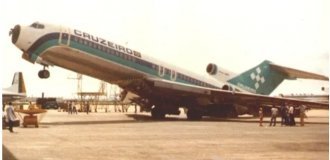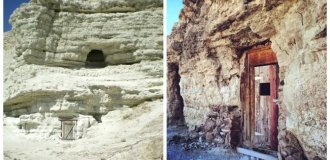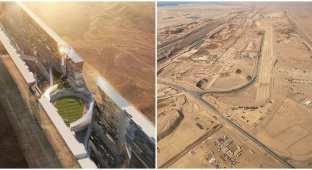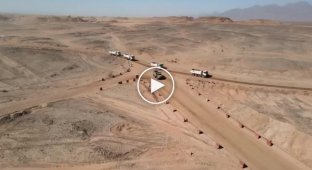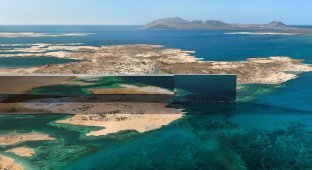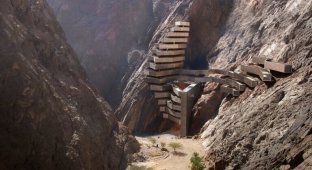Construction of the century: new problems have arisen with the mirror city in the middle of the desert (4 photos + 1 video)
The huge project could rise in price again, costing up to £1.5 trillion. 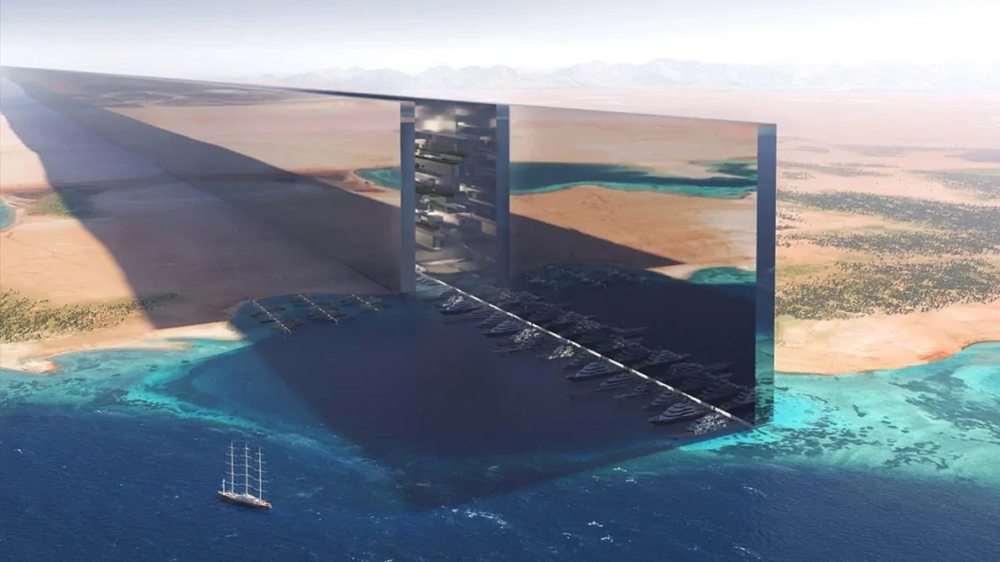
The development of a new futuristic urban area in Saudi Arabia is in doubt due to funding problems.
The city of the future, called The Line (Neom), is part of a program to transition the country's economy from oil dependence. It will cover 10,200 square miles and will be powered entirely by renewable energy. It will also have a floating industrial complex, a global trade center and various tourist resorts.
However, critics in the past have questioned the ambition of the project, which is due to be completed by 2039. Initially, it was assumed that the first part would be completed by 2020, then the deadline was extended until 2025, but was once again disrupted. 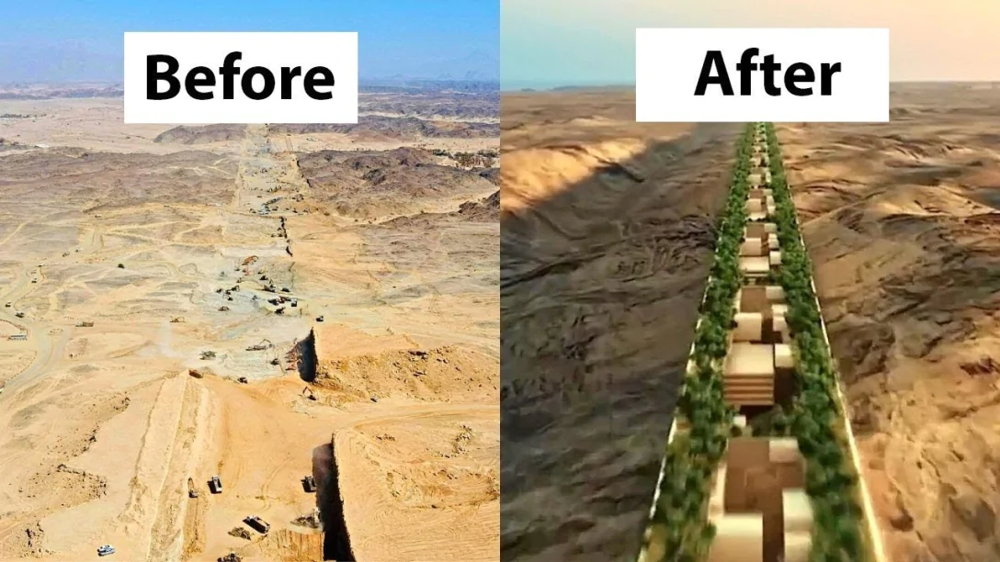
The government is now forced to look for other ways to finance as low oil prices have hit its revenues. The adviser, who did not want to be named, told the BBC that a decision on the future of the project was expected soon.
"The decision will be based on many factors. But there is no doubt that there will be recalibration. Some projects will proceed as planned, and some may be delayed or curtailed."
Neom is paid for from the Public Investment Fund (PIF), which is a sovereign grant from the government. However, its cost of £394 billion is double the country's federal budget for this year. The entire project could cost up to £1.5 trillion for a government already facing a budget deficit. 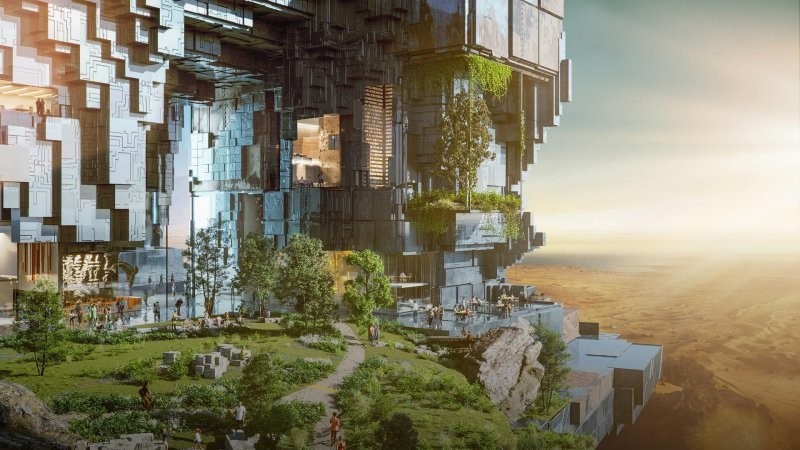
The Line was originally supposed to accommodate nine million people and stretch 105 miles. When Saudi Arabia first proposed the idea of a mirror city, it sounded utopian. There was even talk of robot maids, lack of roads, flying taxis and waterfalls. 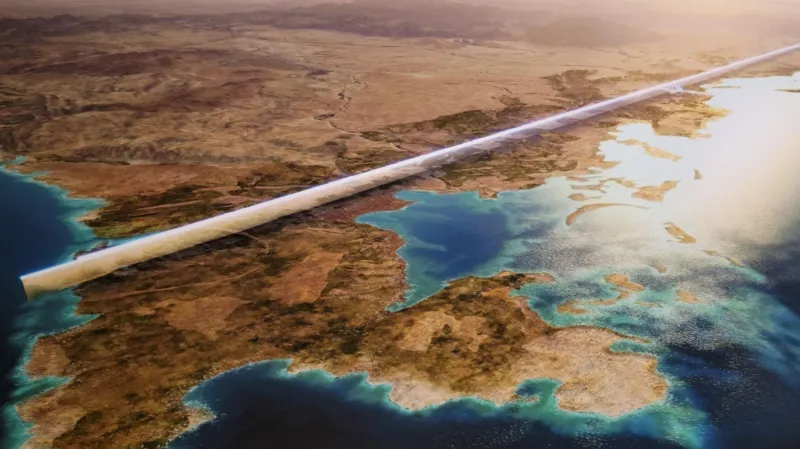
It's now unclear how much of this will actually come to fruition, and under scaled-down plans, The Line will only be 1.5 miles long in Phase 1 by 2030. The publication notes that other plans include an octagon-shaped floating industrial complex and a ski resort that will host the 2029 Asian Winter Games.





